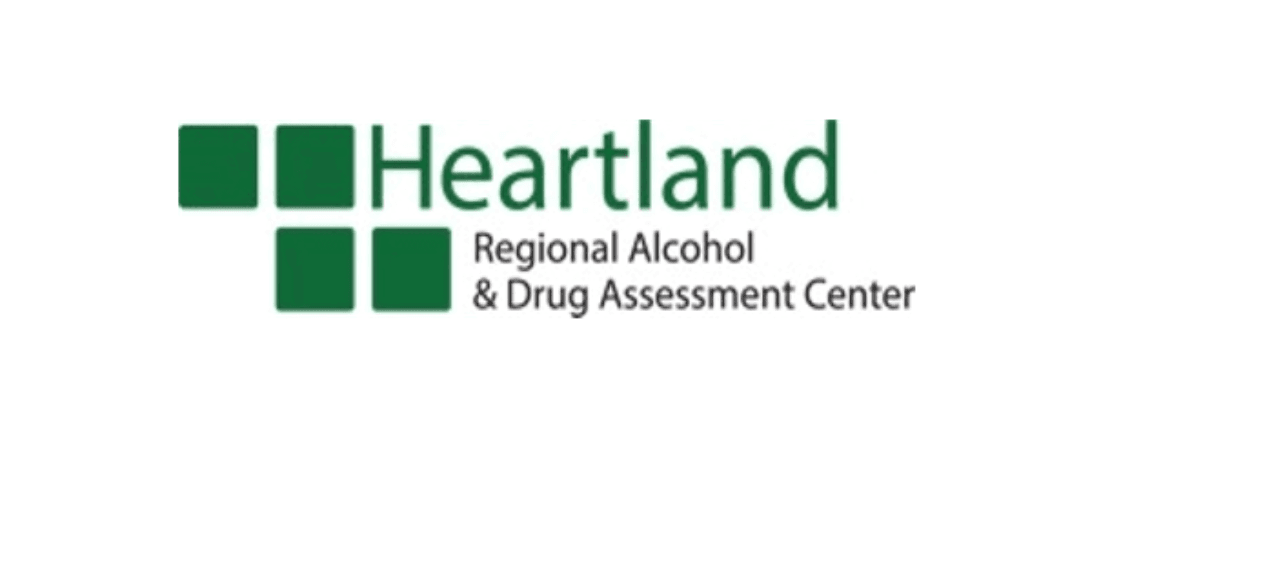Imagine if every face you saw was a strange one. Try to comprehend how it would feel to be totally unknown, without common words to introduce yourself. Stop a moment to consider the overwhelming fear of having little food, few clothes or uncertain housing. This is how many refugees and recent immigrants in our country feel.
Reflecting on what it would be like to immigrate to a foreign country—or even more harrowing, to flee from your home¬—is a sobering thought. But it can also be an inspiring one. Understanding the experience of recent immigrants and refugees may prompt you to help them. So respond proactively instead of pushing the pain of others from your mind. Here are our ideas for how you can help new members of your community.
Most communities have refugee resettlement programs to help newcomers assimilate and feel at home. Learning to speak and read English is an especially pressing need for most immigrants and refugees. Without English fluency it’s hard or impossible to communicate with neighbors, local businesses and potential employers. Why not volunteer as an English as a New Language (ENL) teacher or conversation partner?
It’s probably not required that you speak your partner’s first language to teach ENL, though it would certainly help your new neighbor feel more at ease. The importance of a shared language is such an essential part acculturation for immigrants and refugees. Teaching them to speak and read English would help them tremendously.
Becoming a citizen is another key part of acculturation for immigrants and refugees, but citizenship preparation is not without its challenges. Many communities host monthly workshops to assist immigrants and refugees in filling out applications for U.S. citizenship. You can also teach citizenship preparation classes to adults who are studying for the USCIS citizenship exam.
Teaching English and helping immigrants and refugees become citizens are natural ways to help them feel welcome. You can also welcome them by including them in the local culture. Think of cultural traditions they might feel excluded from and set out to include them. For example, you can lend your children’s classmates dresses or neckties for school dances. Invite your new neighbors to your family’s July 4th cookout. Host them for their first Thanksgiving meal this fall. Treat holiday traditions and social functions as opportunities to share our culture with immigrants and refugees. And this is especially important—respect their cultural traditions and learn more about them. Show interest in your neighbors’ cultural background to show them they’re welcome and at home in your community.
Another option for helping immigrants and refugees is volunteering for the people who work for them. For instance, you could cut costs for your local naturalization office by answering phones or handling other administrative tasks. Or, apply to be a legal aide at the offices for immigration legal services. Legal aides serve new community members by preparing their immigration-related documents or drafting legal memoranda.
Every community has new members that could use your help.

